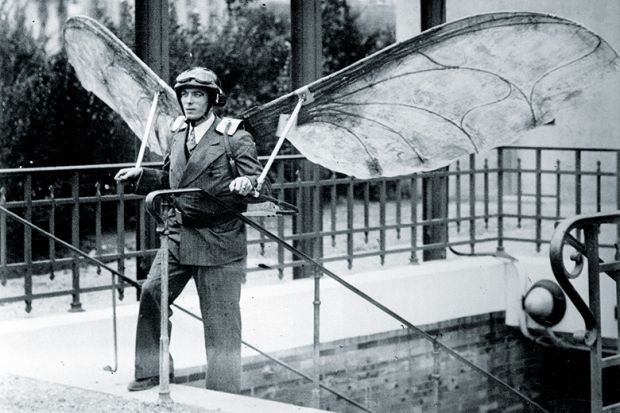I started my PhD in September 2006 and 10 years later I was promoted to senior lecturer – having made the obligatory jumps to postdoctoral research fellow and lecturer along the way.
While I’m aware of how fortunate I am, these transitions were also the result of a lot of hard work. Over the years, I have read lots of blogs and attended career advice sessions. While all of these were helpful, I do feel that there is a gap in advice on how to transition between stages.
PhD to postdoc
Establish a good relationship with your PhD supervisors
One very good reason is that your supervisors will be providing references for you for years to come.
If possible, publish before your viva
There is one part of your CV that future employers will always jump to: the publications section. The general rule of thumb in our department is to aim for two papers before your viva – although this can vary according to your subject. I published six peer-reviewed articles from my PhD thesis, five of them before my viva. I have no doubt that this helped me to be more competitive when going for future postdoc interviews.
Promote yourself within the department, but not at the expense of others
It’s important to become known within your department. Where possible, work from the office, have lunch with your colleagues, not your computer screen, attend seminars, arrange meetings and volunteer for teaching and other opportunities. However, the addendum to this is equally important – do not talk down other PhD students in order to promote yourself.
Don’t stick to the same area of research
It's vital to have a working knowledge of more general research being conducted in your department and beyond. My own PhD topic was nutrition and cancer, but I also got to know about pharmacoepidemiological methods and qualitative research – the PhD topics of my closest office friends. I have since applied both methodologies to my subsequent postdoc and academic research studies.
Postdoc to lecturer
Be vocal, persistent and resilient
Those around you cannot second-guess your career objectives. You must vocalise them at appropriate times, such as appraisals. If you get rejected from your first academic interview, ask for feedback, make adjustments and apply again at the next opportunity.
Be productive – continue to publish
This is still the first part of your CV that future employers will look at.
Funding starts to come into the equation
Even if you have not been successful in obtaining funding as an independent principal investigator, being involved in grant applications or having a fellowship will make a huge difference. Apart from anything else, you will gain a realistic insight into what you will need to do as a lecturer.
Distinguish opportunities from time-drains
If you are approached about an opportunity, have a think first before agreeing to it. Will it bring any additional skills to your CV? Will the time involved be worthy of the output? If the answer is no, it may be better to turn it down.
Lecturer to senior lecturer
Become more independent
As you transition from early career to mid-career researcher, the atmosphere subtly changes from supportive and collaborative to competitive. Be wary of colleagues who do not respect your work, or who wish to hold back your development. It took me almost two years to realise that when you are a more senior academic, your department increasingly wants additionality, not collegiality. I purposely steered my research interests in a direction that overlapped to a lesser extent with that of my colleagues.
Have a strong online profile
As you begin to work more independently, your colleagues will become less familiar. Attending internal seminars, while still important, will not help you as much as before. Now, people will be searching for you on Google, LinkedIn and Twitter. For that reason, I maintain and regularly update my online profile on my institution page and stay active on social media. How will others identify you as a collaborator if they do not know what you do?
Escapism is important
While most people may see my one-hour commute as a waste of time, I see it as an opportunity to think about the day ahead or wind down on my way home. During my three-year probation period as a lecturer, I also started a new sport that involved training and playing matches three times a week. This downtime will become increasingly important to maintaining your well-being as your work life becomes increasingly busy.
As you go up the ladder, give others a helping hand
I am a mentor for a lecturer-level colleague, and at the same time I am a mentee receiving guidance from a professor/pro vice-chancellor who is part of the same scheme. Mentoring is non-negotiable, in my view. It is our duty to continue to mentor others as we progress in our careers.
Helen Coleman is senior lecturer in cancer epidemiology at the Centre for Public Health at Queen’s University Belfast.
POSTSCRIPT:
Print headline: Reaching the next rung of the academic career ladder
Register to continue
Why register?
- Registration is free and only takes a moment
- Once registered, you can read 3 articles a month
- Sign up for our newsletter
Subscribe
Or subscribe for unlimited access to:
- Unlimited access to news, views, insights & reviews
- Digital editions
- Digital access to THE’s university and college rankings analysis
Already registered or a current subscriber? Login









